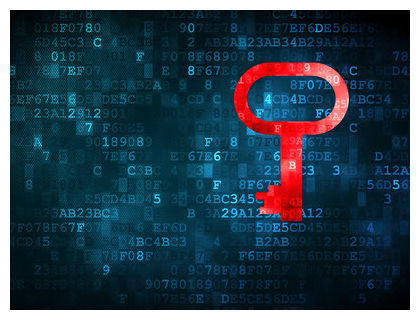OF THE
TIMES
I've had enough of someone else's propaganda. I'm for truth, no matter who tells it. I'm for justice, no matter who it's for or against. I'm a human being first and foremost, and as such I am for whoever and whatever benefits humanity as a whole.
“The juvenile bottlenose dolphin was found with "multiple bullets" in its "brain, spinal cord, and heart" So very sad. All life matters of course....
"The Liquidation of Gaza," or whatever you want to call it. (It doesn't look like much of a "war" B/c all war is deception. “It isn't going to...
I fail to see the boundary between pharmaceutical companies and Health Canada: aren't they the same thing. The Canadian Government is just a...
I often wonder if we will ever be free of these traitorous, bribed, threatened, blackmailed politicians and business leaders, and what would the...
How do we know if this is true? Maybe it was sending data all the time, but they only announce it now to save their bacon before humanity comes at...
To submit an article for publication, see our Submission Guidelines
Reader comments do not necessarily reflect the views of the volunteers, editors, and directors of SOTT.net or the Quantum Future Group.
Some icons on this site were created by: Afterglow, Aha-Soft, AntialiasFactory, artdesigner.lv, Artura, DailyOverview, Everaldo, GraphicsFuel, IconFactory, Iconka, IconShock, Icons-Land, i-love-icons, KDE-look.org, Klukeart, mugenb16, Map Icons Collection, PetshopBoxStudio, VisualPharm, wbeiruti, WebIconset
Powered by PikaJS 🐁 and In·Site
Original content © 2002-2024 by Sott.net/Signs of the Times. See: FAIR USE NOTICE

Reader Comments